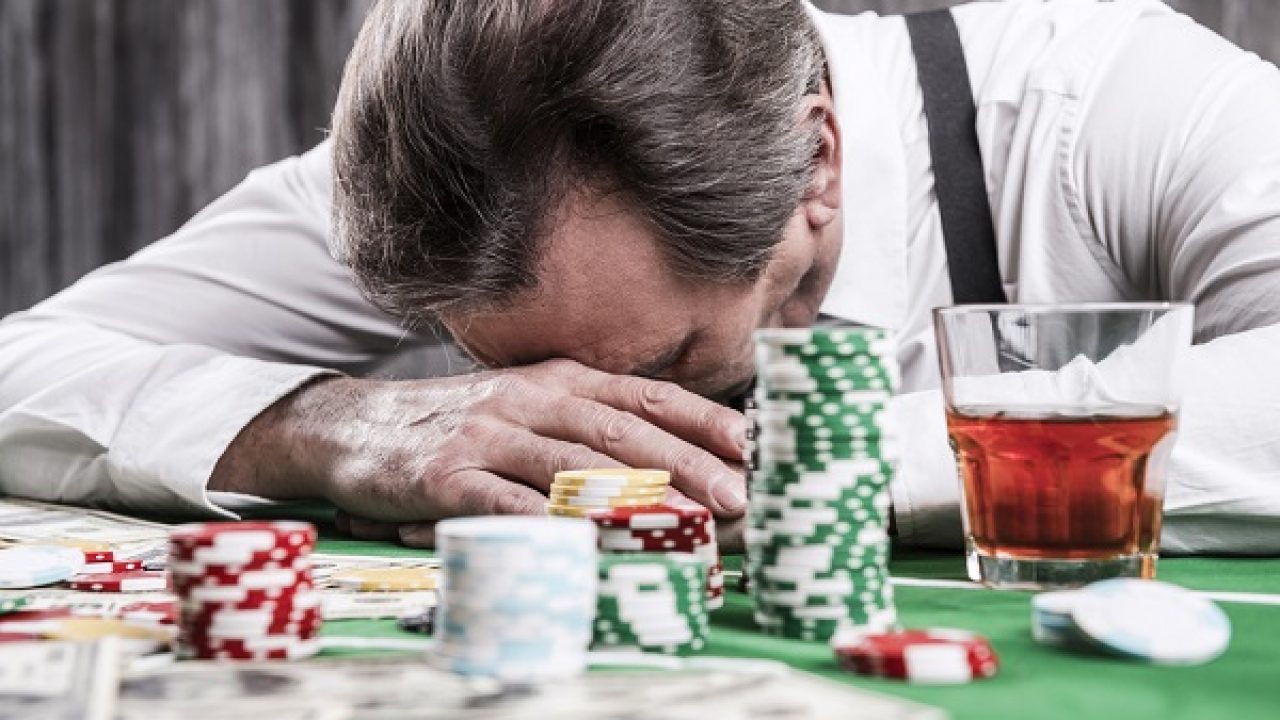
Rolling the Dice Exploring the Fascinating Psychology Behind Gambling
May 30, 2023Gambling is a pastime that offers endless fascination for those who take part in it. Whether it’s the thrill of rolling the dice or testing your luck at cards, there is no shortage of excitement to be found when it comes to gambling.
But what lies beneath this seemingly straightforward activity? In this article, well explore the fascinating psychology behind gambling and how our brains are wired to respond to its allure. From understanding why people become addicted to gaming and how best to manage these risks, well delve into one of mankinds most celebrated activities.
Join us as we roll the dice and uncover the secrets behind this popular hobby!
Gambling as an Escape from Reality
For centuries, gamblers have sought an escape from reality by rolling the dice. For some, gambling serves as a way to forget about problems and stressors in life.
Whether it be escaping financial woes or seeking a temporary reprieve from everyday responsibilities, people are drawn to the thrill of taking risks with their money while simultaneously being presented with various opportunities for reward. The psychology behind gambling is complex and multi-faceted; it involves a combination of individual motivations, psychological states, and even physiological processes that can influence one’s decision-making process when they gamble.
From cognitive biases to emotions such as fear or excitement that may influence betting choices – understanding why someone gambles can help us better comprehend how this activity affects them on both physical and mental levels. The act of gambling itself provides an outlet for individuals looking to find solace outside of their normal lives by providing a sense of control over outcomes as well as providing potential rewards without having to take part in any hard work or effort at all.
Gambling allows players the opportunity to live out fantasies through virtual worlds where anything is possible if luck prevails – something which gives many who partake in these activities an emotional high that often surpasses what could be achieved within reality itself. Furthermore, studies suggest that most compulsive gamblers use the activity not only for entertainment but also for self-medication purposes – attempting (albeit unsuccessfully) to cope with underlying issues like depression or anxiety through excessive playtime and increased risk-taking behavior instead of seeking professional help or assistance elsewhere.
Ultimately though it is important to remember that no matter how much fun can come along with playing games based on chance – there will always be greater consequences if precautionary measures are not taken before engaging in any form of gambling whatsoever
The Allure of Risk and Chance

Source: blog.highclassequine.com
For centuries, gambling has been a source of fascination and intrigue; the allure of risk and chance is something that draws people from all walks of life. From playing cards to betting on sports games or rolling dice in a casino, the thrill of taking chances and hoping for an outcome comes with a unique set of emotions.
But what drives us to take such risks? What lies beneath this desire we have to leave our fate up to chance? To answer these questions we must explore the fascinating psychology behind gambling and understand why it is so captivating.
The Impact of Loss Aversion on Gamblers
Loss aversion is an important factor in the psychology of gambling and has a significant impact on individual gamblers. Losses can be psychologically painful, especially when they are experienced repeatedly or over long periods of time.
To minimize their losses, some gamblers may become overly conservative in their betting strategies, which can limit potential winnings and lead to stagnation instead of growth. Others may take increasingly greater risks with each bet placed in hopes of recouping prior losses—a strategy that often leads to even more costly mistakes.
The psychological effects of loss aversion also extend beyond a gambler’s pocketbook; it can be emotionally draining as well, leading to feelings of regret and despair that further impede sound decision making. Furthermore, this dynamic makes it difficult for individuals who suffer from addiction-related issues such as compulsive gambling disorder or problem gambling to break out free from its grip by consistently taking smart bets and making informed decisions about gaming activities
Conclusion

Source: usaonlinecasino.com
In conclusion, gambling can be a fun and exciting pastime for many people with stellarspins casino, but it is important to remember that it comes with an inherent risk. Those who partake in this activity must understand the psychology behind gambling and take precautionary measures to ensure they are not getting carried away or becoming addicted.
Whether one chooses to use strategies such as limiting their time spent playing or setting predetermined budgets for each gaming session, taking proper steps is essential in managing risks associated with gambling activities. Ultimately though, understanding the intricacies of this popular hobby will help individuals remain safe while having some enjoyable experiences along the way!


